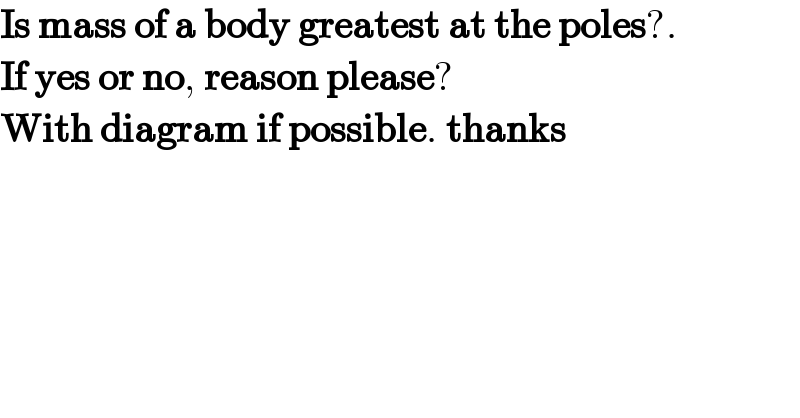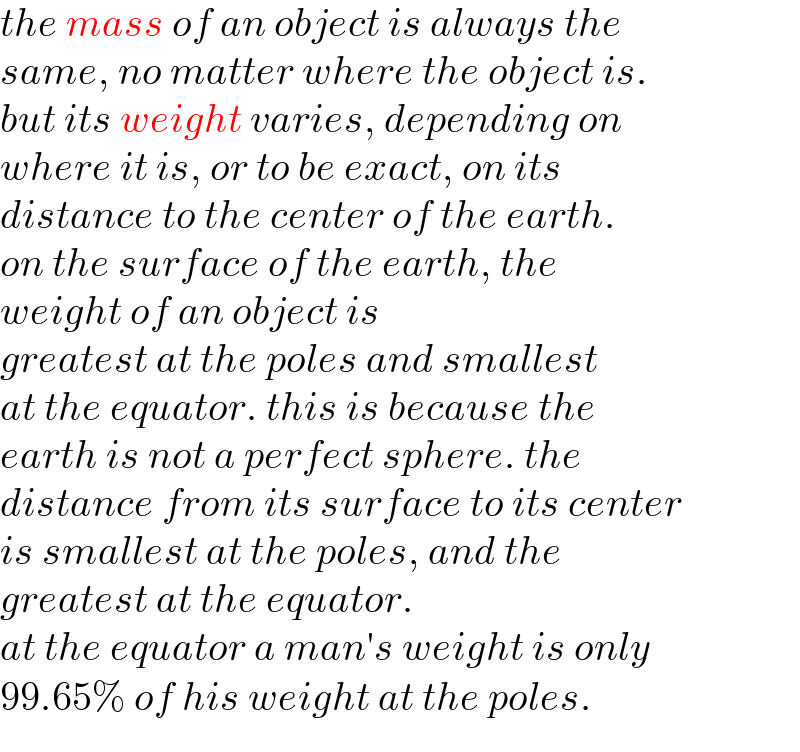Question Number 170326 by learner22 last updated on 21/May/22

Commented by mr W last updated on 21/May/22

Commented by mr W last updated on 21/May/22

Commented by learner22 last updated on 21/May/22

Commented by learner22 last updated on 21/May/22

